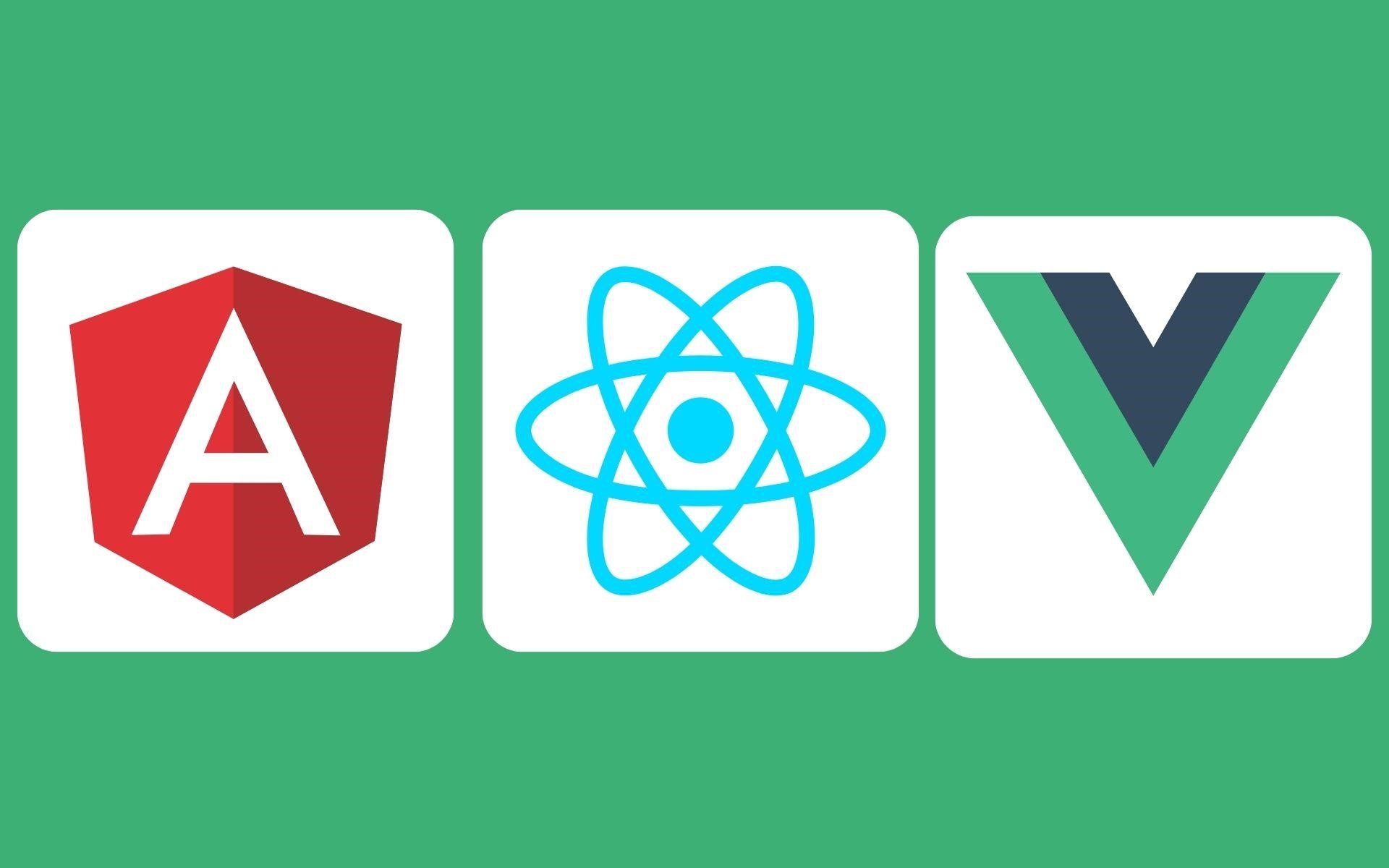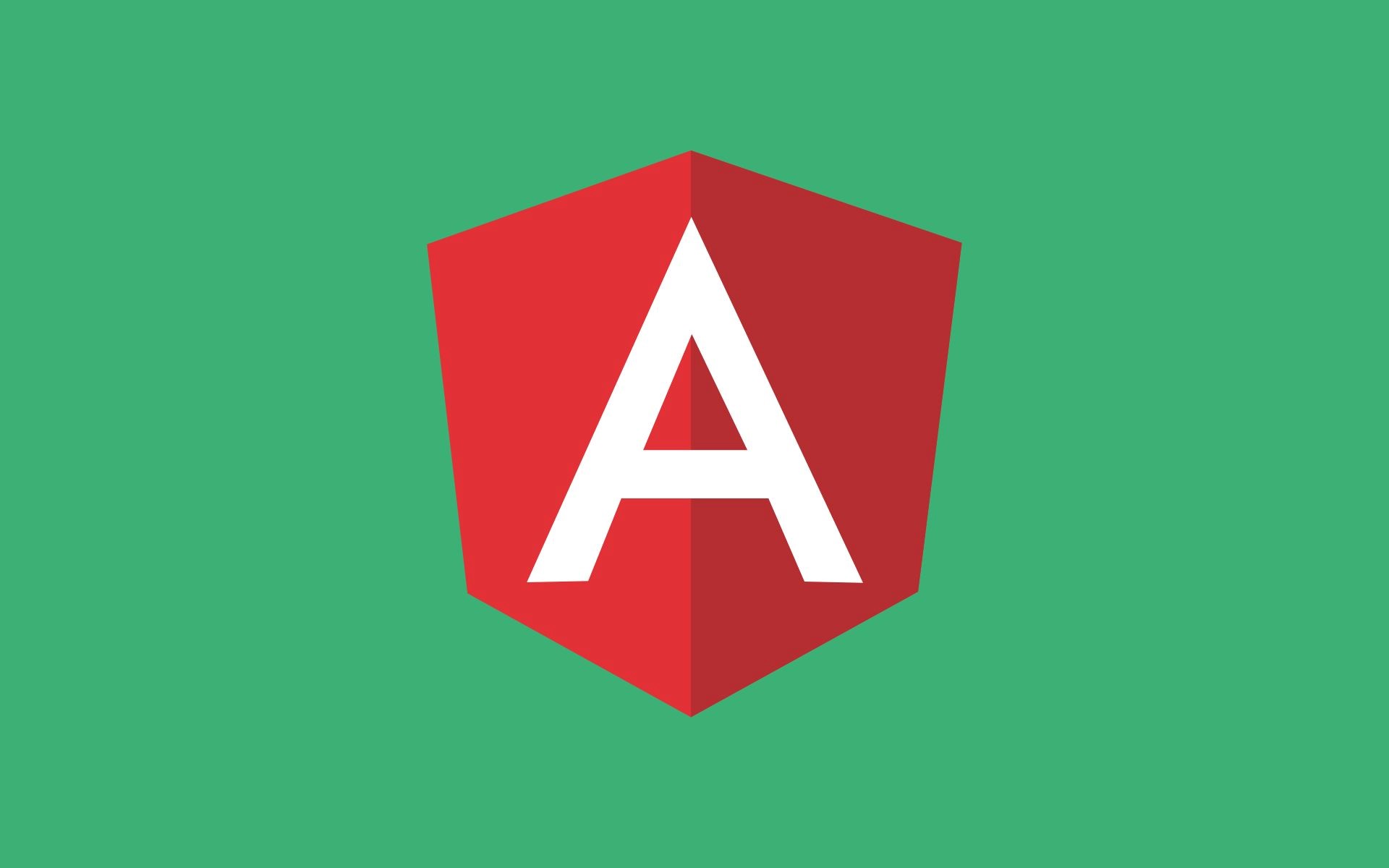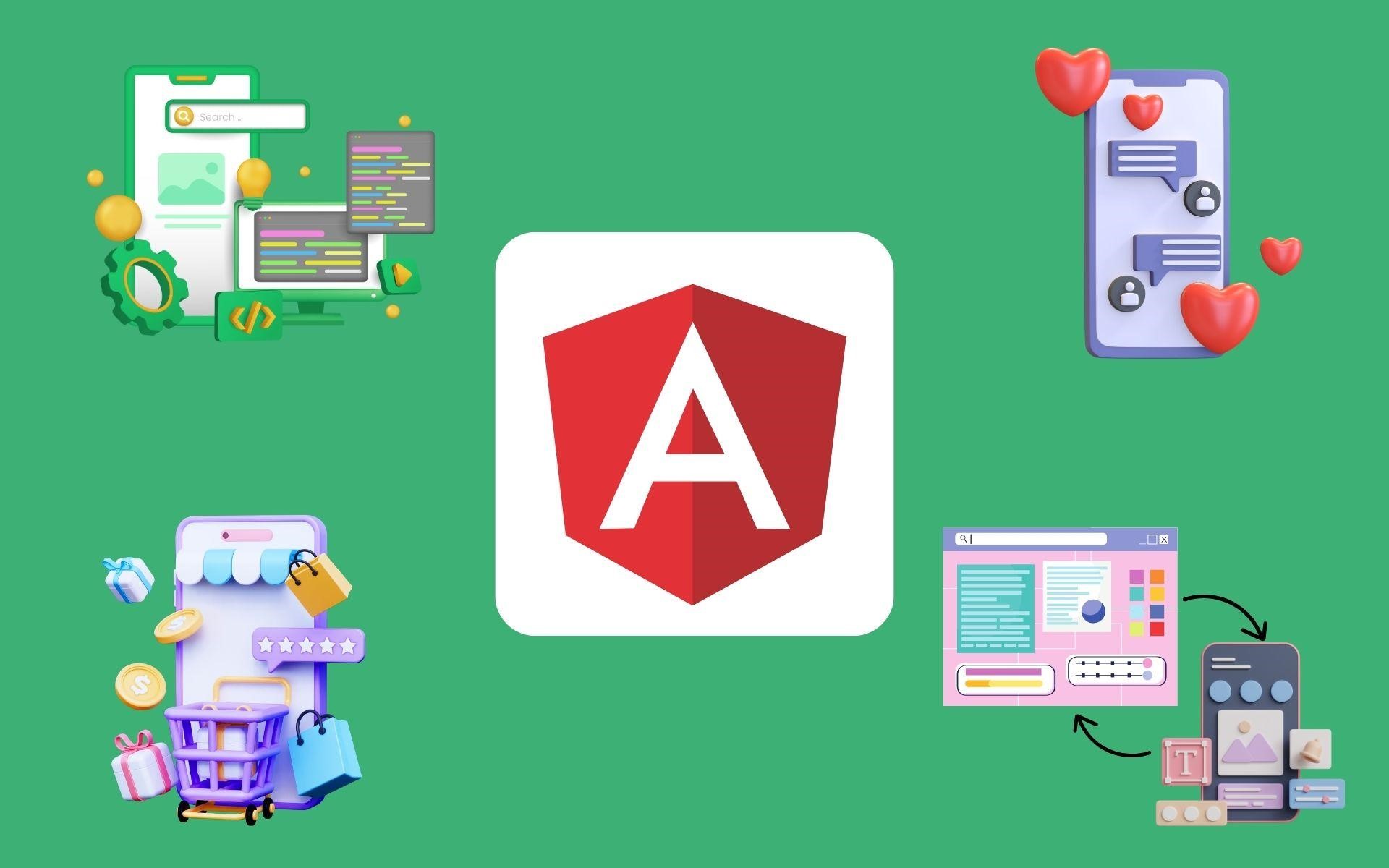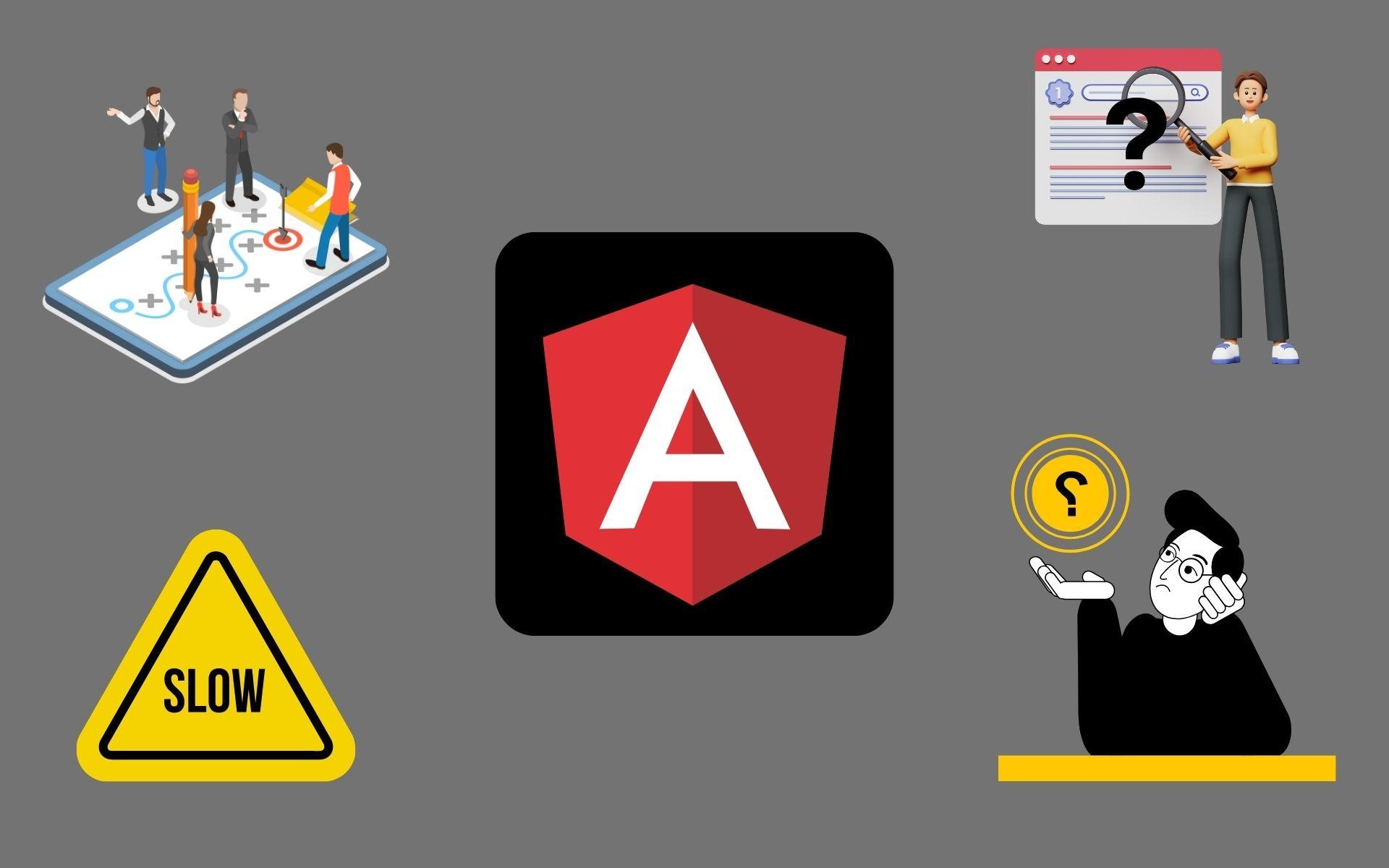Angular vs React vs Vue: Navigating the Landscape of Frontend Frameworks

Throughout the history of web and app development, various frontend frameworks have emerged. Among them, Angular, React, and Vue stand out prominently. Angular, supported by Google, is currently used by numerous companies.
Angular overcomes the limitations of dynamic typing languages, enhancing stability and code maintainability, making it a favored choice among companies needing to operate applications reliably.
Today, let’s explore Angular, a framework offering various features for convenient development with Elancer.
What is Angular?

Angular is an open-source framework designed for the development of web applications and native apps.
It is frequently mentioned alongside React and Vue as a prominent frontend technology. Unlike AngularJS, which was developed earlier, Angular is written in TypeScript, providing static typing and supporting a new development experience that helps identify bugs before production deployment.
The Development of Angular

Before Angular’s development, there was AngularJS, a web and app framework announced in 2010. Although AngularJS initially gained popularity with its groundbreaking approach, its prominence waned as technology evolved.
Google released Angular as a successor to AngularJS. By 2021, Google ceased support for AngularJS and started using the new Angular.
A spokesperson highlighted the risks of continuing with AngularJS, stating, “Once open-source community support reaches EOL (End of Life), no more patches are distributed, posing a risk of not being able to use patches when severe and critical vulnerabilities are newly discovered.“
Angular vs React vs Vue

Angular, React, and Vue each hold their unique positions in the landscape of frontend development. Angular and Vue, being frameworks, offer a comprehensive suite of features out of the box, requiring no additional architectural design. React, on the other hand, is a library that necessitates extra design steps to implement various functionalities.
For large-scale or feature-rich projects, Angular or Vue might be the more suitable choice. Angular employs two-way data binding, ensuring that any data changes in one part of the application are instantly reflected elsewhere.
React and Vue, utilizing one-way data binding, necessitate additional code for updating the UI, which can be cumbersome. Angular stands out by including many built-in functionalities such as project structure, dependency injection, and routing, reducing the need for external libraries.
Features and Benefits of Angular

Angular is often considered the most challenging yet rewarding framework to master.
It supports a wide range of functionalities from project creation to testing, building, and deployment. The Angular CLI aids developers by offering essential features like file generation, packaging, and a lite server, among others.
Its versatility allows for the application of web development practices in app development, enhancing its utility. Angular is inherently designed for Single Page Application (SPA) development, optimizing efficiency by only replacing necessary parts of the page during navigation.
Challenges of using Angular

Despite its strengths, Angular mandates adherence to its design patterns, posing a steep learning curve for newcomers.
Initial loading times for Angular-based projects can be slower due to SPA characteristics, which might not be an issue on high-performance devices but could affect others.
Another significant challenge is SEO optimization, as search engines might not execute JavaScript when crawling pages, leading to discrepancies between what users see and what search engines index.
Ideal Project for Angular Development

Angular is best suited for large-scale projects with complex functionalities or long-term projects that require both web and app development.
Examples include healthcare projects or construction projects needing rapid communication on the field.
Thus, Angular is more favorable for extensive, long-term projects rather than small-scale or short-term ones.
For those embarking on complex, large-scale projects requiring stable and long-term development, consider hiring Angular experts through Elancer, South Korea’s No.1 IT freelance matching platform.



